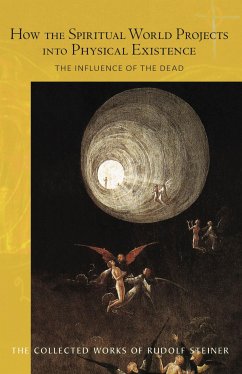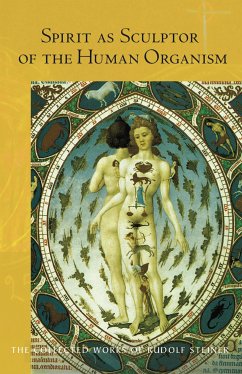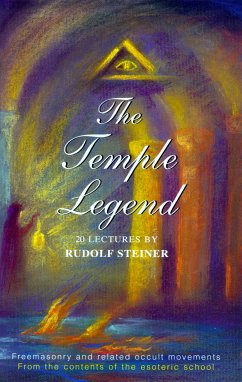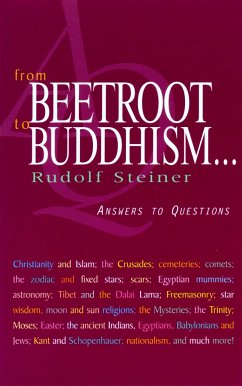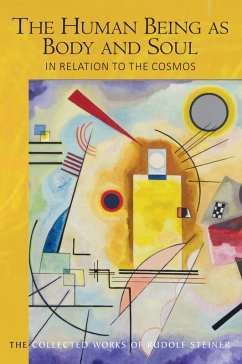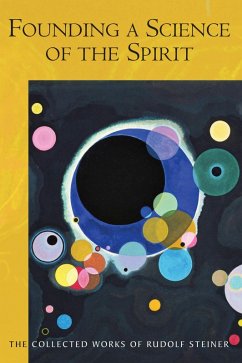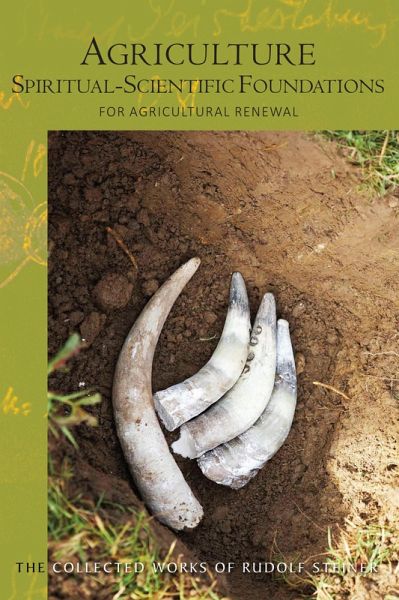
Agriculture, Spiritual-Scientific Foundations (eBook, ePUB)
for Agricultural Renewal
Übersetzer: Blaxland-de Lange, S.
Versandkostenfrei!
Sofort per Download lieferbar
23,99 €
inkl. MwSt.
Weitere Ausgaben:

PAYBACK Punkte
0 °P sammeln!
One hundred years after Rudolf Steiner presented his lectures on agriculture in 1924, the impact of his words are self-evident. Around the world, biodynamic principles are practised in thousands of thriving farms, vineyards and gardens, and Demeter certification for biodynamic produce is recognized internationally as a mark of quality. Speaking to a modest audience of farmers in a village in modern-day Poland, Steiner launched the first organic agricultural movement. But what has come to be known as 'biodynamics' is distinguished by many unique aspects, including the use of herbal and mineral ...
One hundred years after Rudolf Steiner presented his lectures on agriculture in 1924, the impact of his words are self-evident. Around the world, biodynamic principles are practised in thousands of thriving farms, vineyards and gardens, and Demeter certification for biodynamic produce is recognized internationally as a mark of quality. Speaking to a modest audience of farmers in a village in modern-day Poland, Steiner launched the first organic agricultural movement. But what has come to be known as 'biodynamics' is distinguished by many unique aspects, including the use of herbal and mineral 'preparations' (which serve as dynamizing applications for compost and field sprays) and the concept of the farm or garden as a single living organism, encompassing animals, crops, soil and community.This definitive, centenary edition of the influential Agriculture Course has been reedited from primary sources to be as faithful as possible to Steiner's original meaning. Shorthand reports have been freshly transcribed, archival discoveries added, and fresh commentary and notes inserted. In addition to the original eight lectures and four discussions, this volume features a wealth of new texts, including notes, addresses and resolutions relating to the Experimental Circle - founded contemporaneously to bridge research and practice - comprehensive facsimiles of Rudolf Steiner's preparatory notes for the course; original programmes and attendee lists; questions sent in advance; written and verbal reports by Steiner, including his address to young people; photos of Koberwitz, and high-quality colour plates of his original blackboard drawings. Eight lectures, four question-and-answer sessions, Koberwitz, June 1924, GA 327
Dieser Download kann aus rechtlichen Gründen nur mit Rechnungsadresse in A, B, BG, CY, CZ, D, DK, EW, E, FIN, F, GR, H, IRL, I, LT, L, LR, M, NL, PL, P, R, S, SLO, SK ausgeliefert werden.





